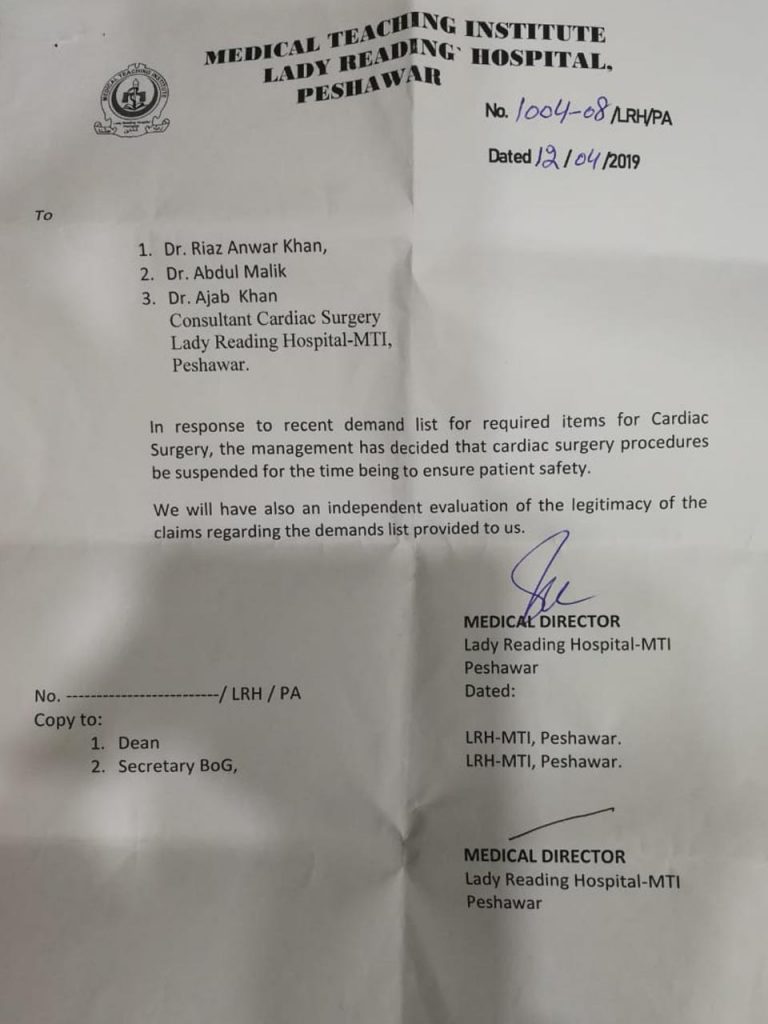ONCE again, the streets of Quetta have witnessed a bloodbath, shattering the illusion that a semblance of peace had returned to the Balochistan capital.
At least 20 people were reportedly killed in the blast in the city’s Hazarganji area at a vegetable market on Friday.
Nearly half of the victims belong to the embattled Shia Hazara community, and the attack has raised concerns whether it signals a return to the bloodletting of old targeting this group.
While a senior Quetta police official said the Hazara were, indeed, the target of the attack, the Balochistan home minister contradicted the claim, saying the atrocity did not target ‘a specific community’.
Of course, the Hazara have faced intense violence in Balochistan, with targeted killings being a regular feature in the past, while in January and February 2013, over 200 community members were massacred in two massive blasts in Quetta.
While the frequency of attacks against the Hazara had come down considerably over the past few months, Friday’s attack shows just how vulnerable the community in particular and the population in general in Quetta is.
The fact that the community’s traders have to be accompanied by an armed FC escort to the Hazarganji vegetable market to ward off potential attacks reflects the level of anxiety and tension that the Hazara people face; an FC trooper was amongst those killed in Friday’s blast.
All this points to an abnormal, surreal existence for the Hazara, and more importantly, indicates that the forces responsible for sectarian violence in Balochistan are still very much capable of wreaking havoc.
While the Lashkar-i-Jhangvi was responsible for earlier attacks, it needs to be investigated which outfits are behind the latest violence.
Last month, a number of Levies personnel were killed by TTP militias in Ziarat; does this point to new players in the game of sectarian militancy in Balochistan?
The BAP-led Balochistan government, and the federal administration must take solid steps to root out the infrastructure of violence in Quetta and the rest of Balochistan.
Cosmetic steps may bring temporary respite, but what the administration and security establishment must do is attack the core of the problem: militant and sectarian groups active in the province.
The Quetta ‘Safe City’ project has reportedly run into delays; this bureaucratic lethargy needs to be addressed as it is costing valuable lives.
With better policing and intelligence-based operations, the elements responsible for acts of terrorism in Balochistan can be neutralised, provided the civil and military leadership give the issue the importance it deserves.




